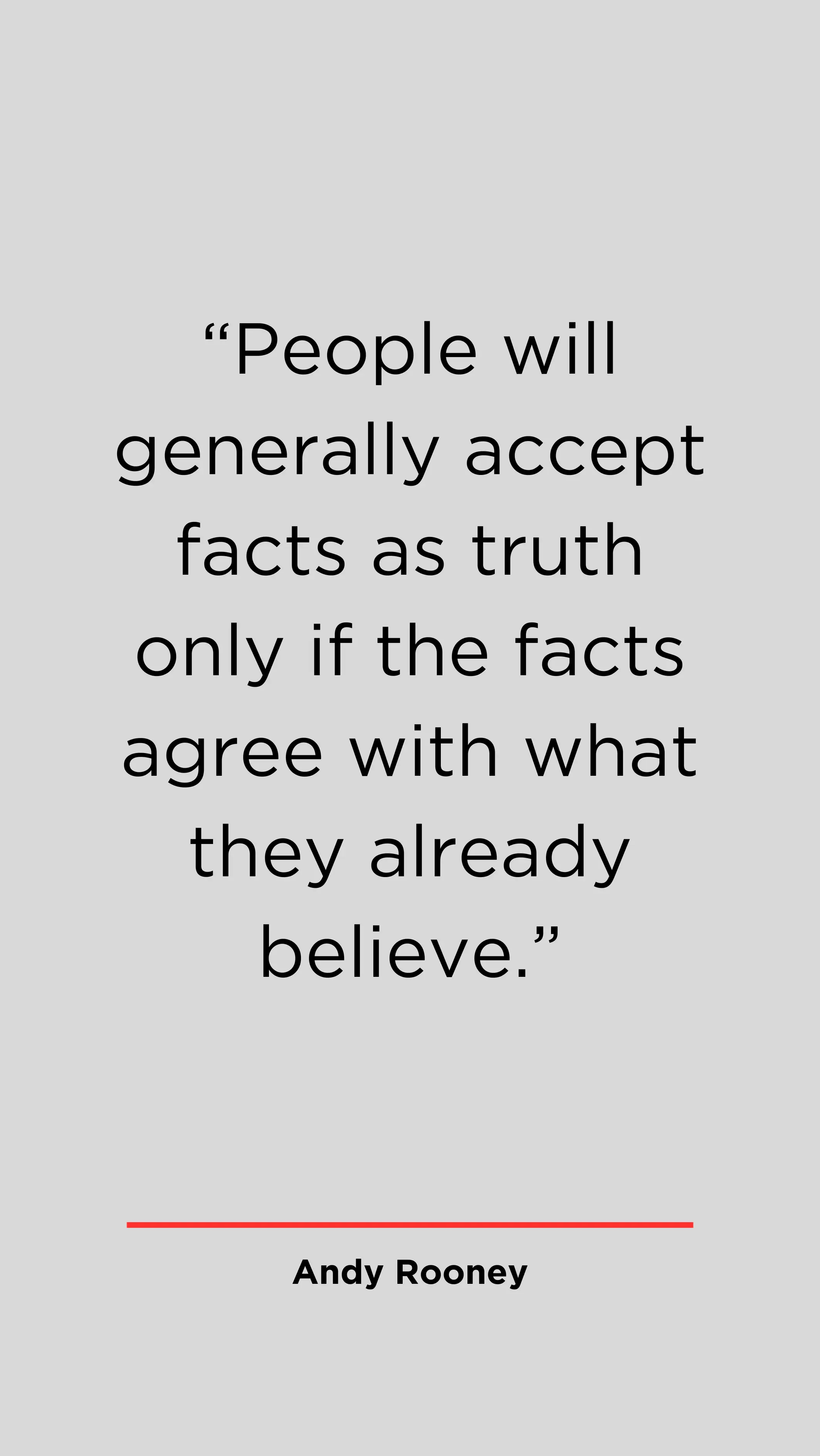Andy Rooney, a distinguished American journalist and television personality, left an indelible mark on the field of journalism with his insightful reporting during World War II. Born on January 14, 1919, in Albany, New York, Rooney’s journalistic career spanned over six decades, but it was his reporting on the frontlines of the global conflict that showcased his talent for storytelling and provided a unique perspective on the war.
Early Life and Journalism Beginnings
Growing up in Albany, New York, Andy Rooney developed an early interest in writing and journalism that would shape his future career. This budding passion for storytelling and keen observational skills became evident even in his early years. Rooney’s journey into journalism started with his education at Colgate University, where he likely honed his writing abilities and fostered his curiosity about the world around him. However, his path took a detour when he enlisted in the Army, serving as a correspondent for the military newspaper “Stars and Stripes” during World War II. This wartime experience not only furthered his journalistic skills but also exposed him to the complexities of the world, laying the groundwork for the distinctive voice and perspective he would later bring to his work.
Rooney’s early foray into journalism during his military service provided him with valuable insights and experiences that influenced his later career. The combination of his formative years in Albany, his academic pursuits, and his wartime reporting contributed to the development of the distinctive style and inquisitive spirit that would define Andy Rooney’s iconic contributions to journalism and broadcasting.
Andy Rooney: Military Service and Stars and Stripes
During World War II, Andy Rooney played a significant role as a correspondent for “Stars and Stripes,” the military newspaper. Serving in this capacity, Rooney’s assignments took him to various theaters of the war, including Europe, where he witnessed firsthand the complexities and challenges faced by the Allied forces. His reporting provided a unique perspective on the experiences of the soldiers on the front lines, and his keen observations began to shape the distinctive voice that would later become a hallmark of his career.
Rooney’s time with “Stars and Stripes” not only exposed him to the harsh realities of war but also refined his storytelling skills and sharpened his ability to capture the human experience in the midst of conflict. The wartime reporting experience laid the foundation for the insightful and often contemplative commentary that would define his later work as he transitioned from covering the events of World War II to becoming a beloved figure in American journalism and broadcasting.
On the Frontlines: Reporting from the European Theater
On the frontlines of the European Theater of Operations during World War II, Andy Rooney’s reporting provided a crucial and vivid account of the war’s impact on both soldiers and civilians. Through his dispatches for “Stars and Stripes,” Rooney went beyond the headlines, offering readers a deeply human perspective on the challenges, sacrifices, and camaraderie among those directly involved in the conflict. His writing, characterized by vivid descriptions and keen observations, painted a poignant picture of the everyday experiences and struggles faced by the people serving in the armed forces.
Rooney’s reporting not only conveyed the physical and emotional toll of war but also revealed the resilience and courage of those caught up in the tumult of battle. By bringing the human side of the conflict to the forefront, he contributed to a richer understanding of the war’s impact, fostering a connection between the home front and the soldiers on the frontlines. This early experience in war journalism would significantly shape Rooney’s approach to storytelling, influencing the compassionate and insightful style that later defined his career in broadcasting.
Andy Rooney: D-Day and the Normandy Invasion
One of the defining moments in Andy Rooney’s reporting career occurred during the D-Day landings and the Normandy Invasion on June 6, 1944. As a correspondent for “Stars and Stripes,” Rooney provided gripping accounts of this historic event, capturing the intensity, bravery, and sheer scale of the largest seaborne invasion in history. His reporting went beyond the strategic and tactical aspects of the military operation, delving into the personal stories of the soldiers who stormed the beaches of Normandy. Through his words, readers gained a visceral understanding of the challenges faced by the Allied forces and the profound impact of the Normandy Invasion on the course of World War II.
Rooney’s coverage of D-Day showcased his ability to distill the human experience amidst the chaos of war. His empathetic storytelling and attention to detail not only conveyed the gravity of the Allied effort to liberate Europe but also honored the individual sacrifices and collective heroism that defined that pivotal moment in history. This impactful reporting cemented Rooney’s reputation as a skilled and compassionate journalist, setting the stage for his later contributions to journalism and broadcasting.
Reflections on War and Its Toll
Andy Rooney’s reporting during World War II transcended mere chronicles of battles and campaigns; it delved into the profound human toll of war. His poignant reflections conveyed the sacrifices, camaraderie, and hardships endured by soldiers, offering readers a nuanced understanding of the lived experiences on the frontlines. Rooney’s ability to capture the personal stories of those involved in the conflict highlighted the emotional and psychological impact of war, bringing to light the resilience of individuals facing the harsh realities of combat.
Rooney’s reflections on war resonated deeply with readers, establishing him as a thoughtful and empathetic journalist. Beyond the statistics and strategic considerations, he painted a vivid picture of the human side of the conflict, fostering a connection between the home front and the soldiers in the field. This commitment to conveying the emotional depth of war experiences laid the groundwork for Rooney’s later career in broadcasting, where he continued to engage audiences with his contemplative and compassionate perspective on a wide range of topics.
Andy Rooney: Post-War Career and 60 Minutes
After the war, Andy Rooney seamlessly transitioned his journalism career into the realm of radio and television. His distinctive voice and insightful commentary found a new home on “60 Minutes,” a highly regarded news program. Rooney became a fixture on the show, contributing a segment titled “A Few Minutes with Andy Rooney.” In this regular feature, he offered his unique perspective on an eclectic array of topics, captivating audiences with his wit, candor, and ability to distill complex issues into relatable and engaging commentaries.
Rooney’s contributions to “60 Minutes” became a hallmark of his post-war career, earning him widespread recognition and appreciation from viewers. His segments were characterized by a conversational style, often addressing everyday matters with a mix of humor, skepticism, and thoughtful reflection. Rooney’s presence on “60 Minutes” solidified his status as a beloved figure in American journalism and broadcasting, and his unique approach to commentary left an indelible mark on the show and its audience.
Legacy and Impact on Journalism
Andy Rooney’s legacy in journalism is indelibly marked by his unique ability to humanize the narrative of war. Through his wartime reporting, he went beyond the facts and figures, delving into the personal stories of soldiers and civilians, capturing the emotional toll and sacrifices of conflict. Rooney’s work during World War II demonstrated the power of storytelling to convey the complexities of global conflicts, making the experiences of individuals on the frontlines palpable for readers. His empathetic and contemplative approach paved the way for a more nuanced understanding of war, influencing the trajectory of war journalism and highlighting the importance of empathy in reporting.
Beyond his wartime contributions, Rooney’s impact on journalism extended to his role as a commentator on “60 Minutes.” His segment “A Few Minutes with Andy Rooney” showcased his ability to engage audiences with his witty and incisive commentary on a wide range of topics. Rooney’s legacy is characterized by his commitment to thoughtful storytelling, his distinctive voice, and his ability to connect with audiences on a personal level. His influence on journalism persists, reminding future generations of the enduring power of storytelling in shaping public understanding and discourse.

Andy Rooney: Honors and Recognition
Andy Rooney’s significant contributions to journalism earned him widespread recognition and numerous honors throughout his career. His distinctive voice, thoughtful commentary, and unique approach to storytelling garnered several prestigious accolades, including multiple Emmy Awards. Rooney’s ability to distill complex issues into relatable and engaging narratives, whether reflecting on war, politics, or everyday life, made him a standout figure in the field of journalism.
Beyond the awards, Rooney’s impact on the industry was evident in the affection and respect he received from both colleagues and audiences. His distinctive presence on “60 Minutes” and his role as a cultural commentator contributed to his iconic status in American journalism. The honors and recognition bestowed upon Andy Rooney reflect not only his personal achievements but also the enduring influence he had on the craft of storytelling within the realm of journalism.




